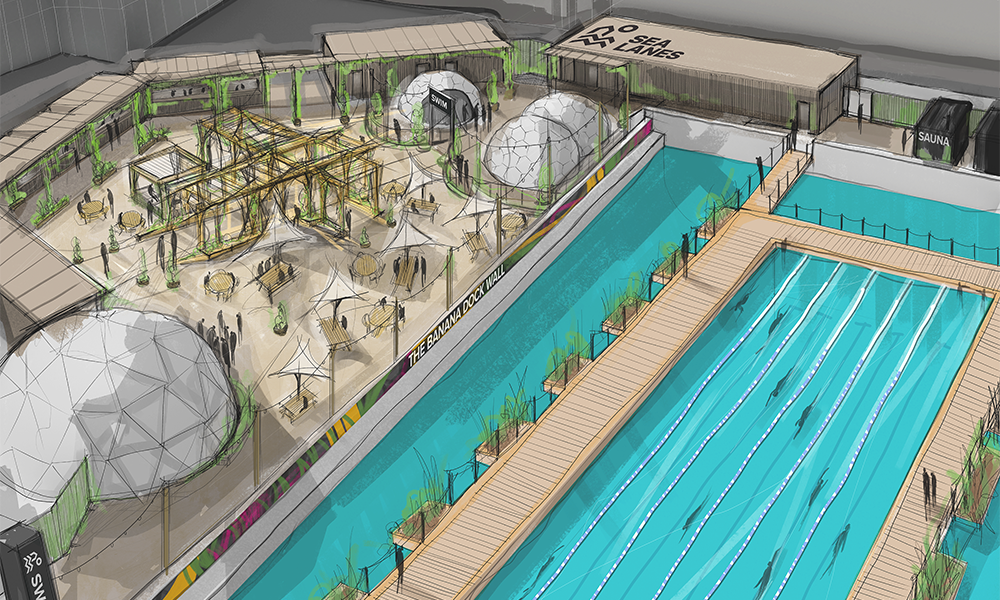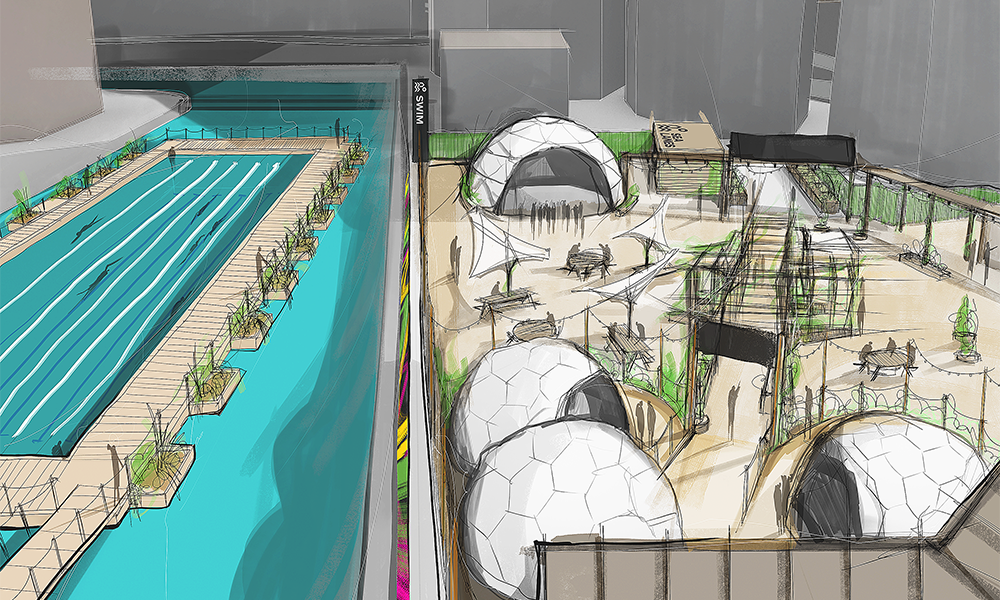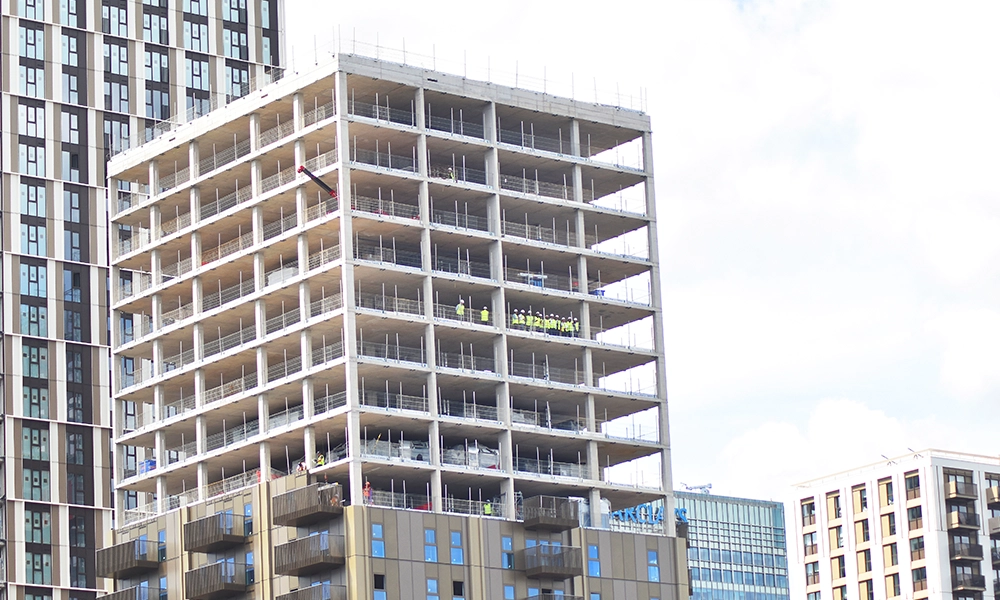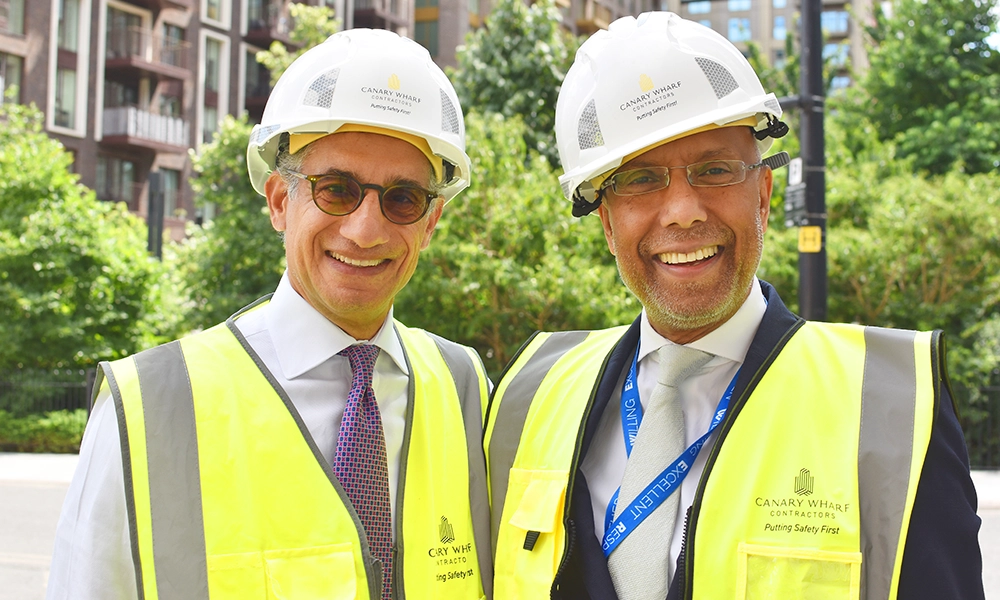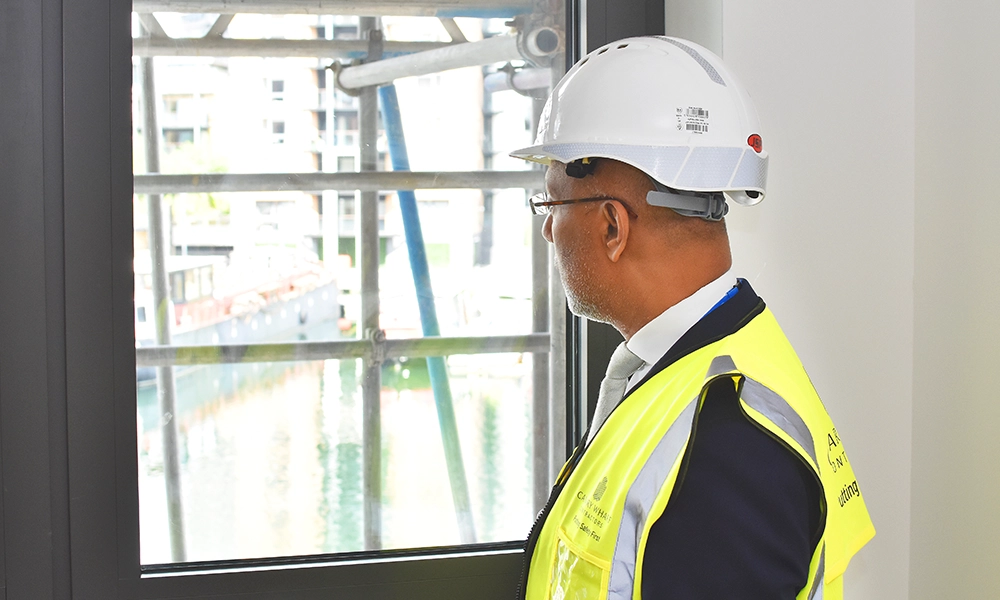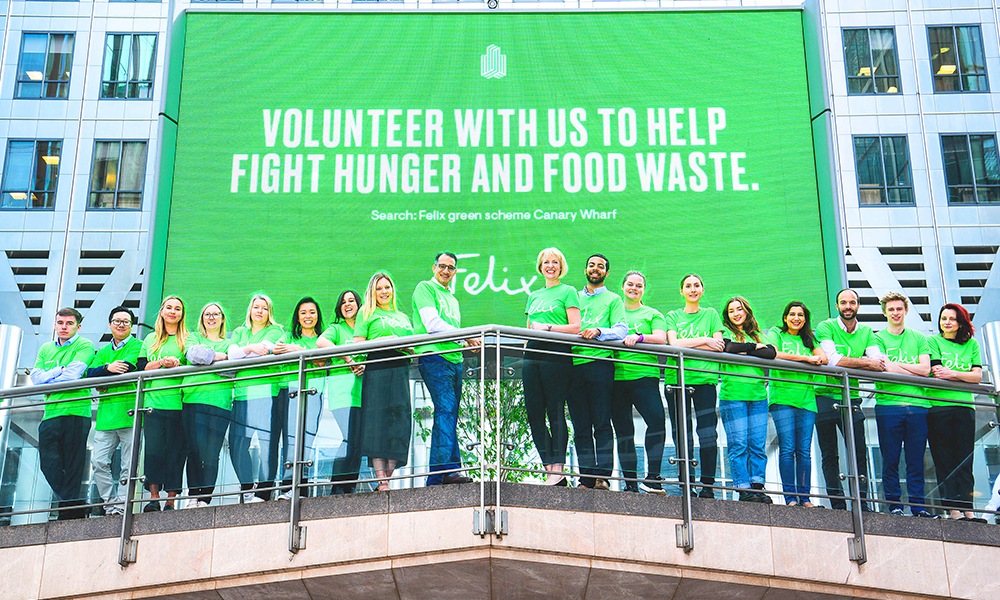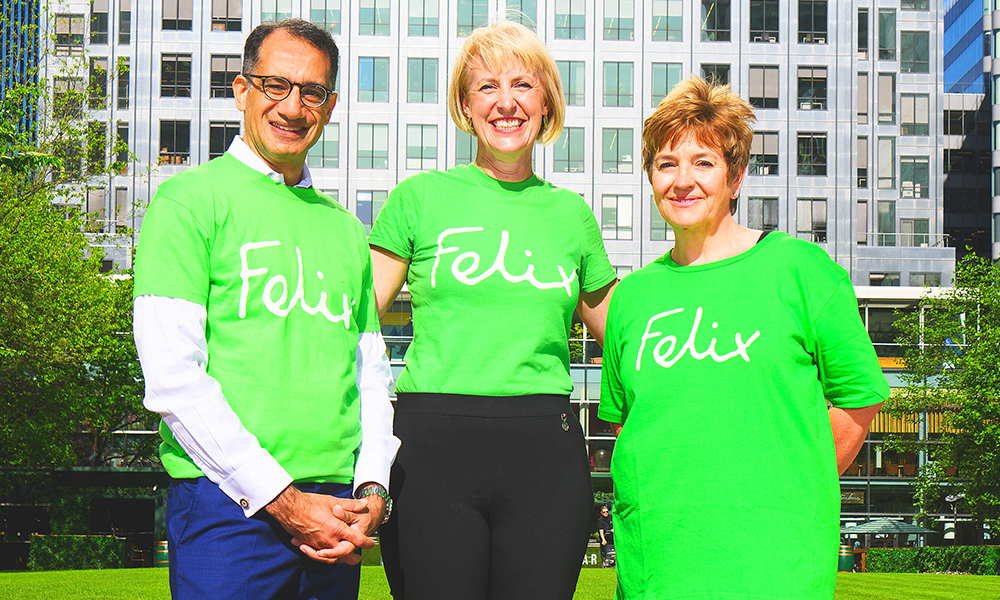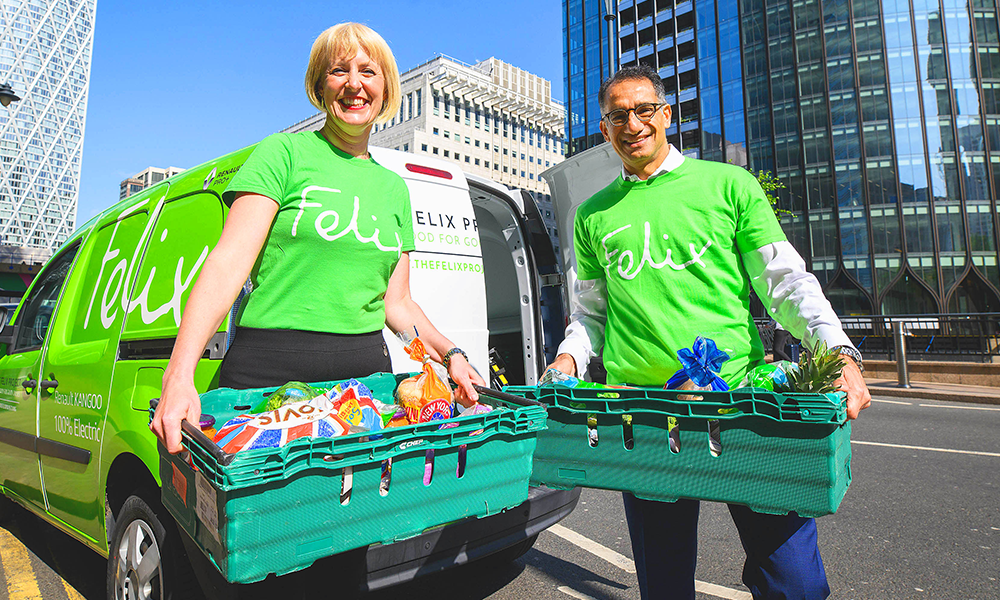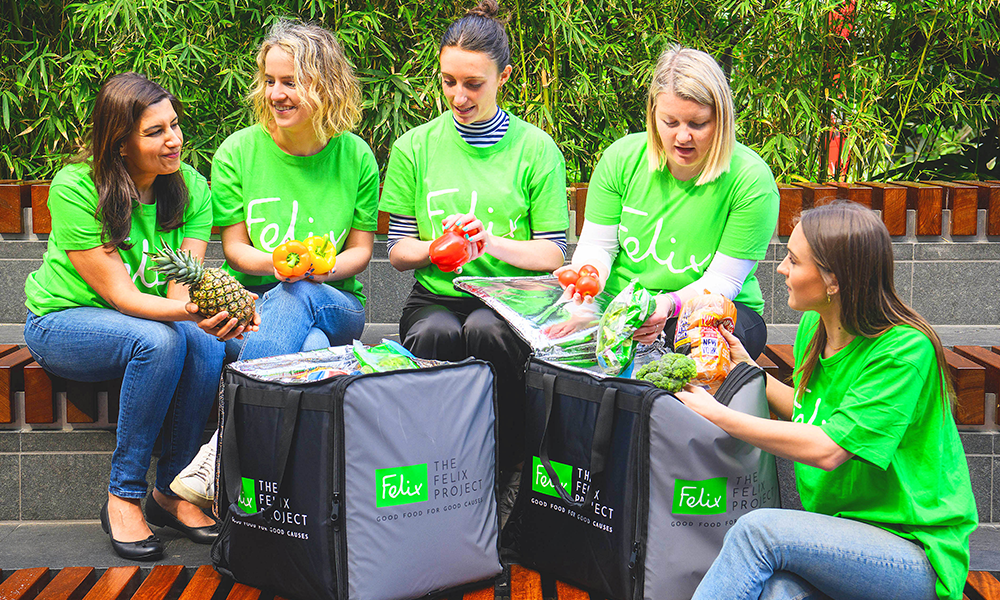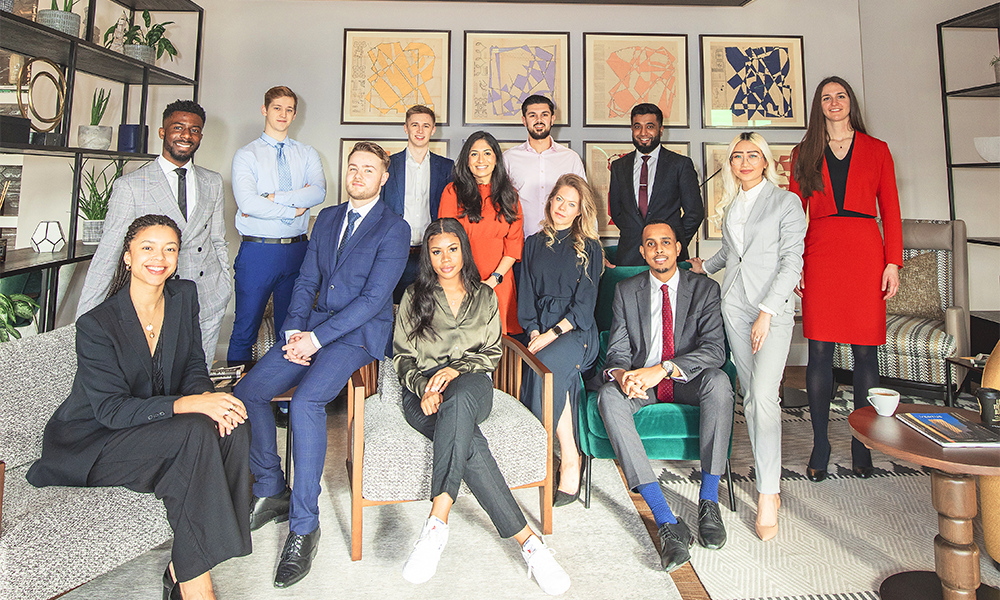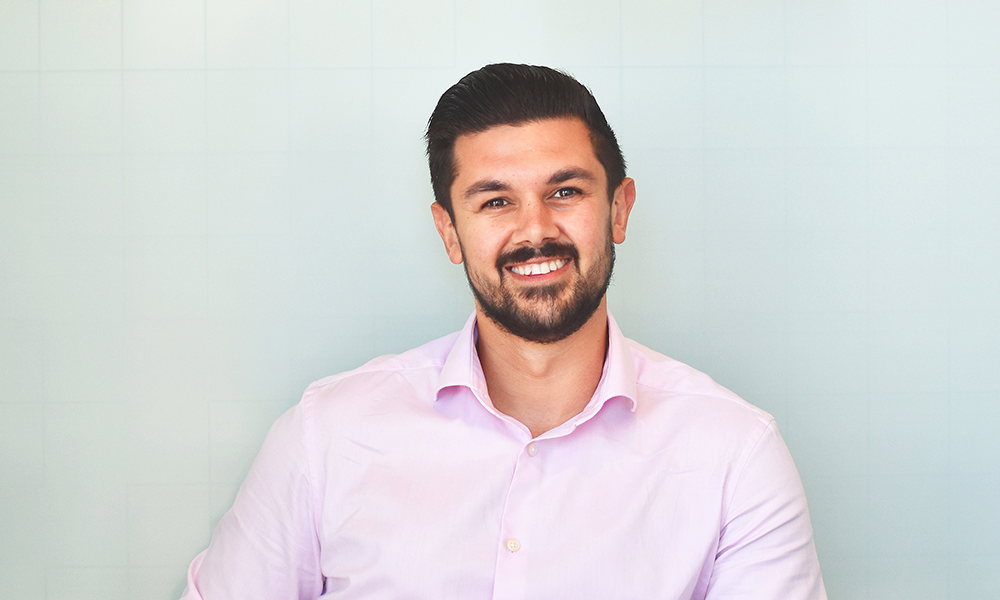Eden Dock is set to get a floating swimming pool for summer 2026 as proposals for swimming, changing and amenities on land get the green light
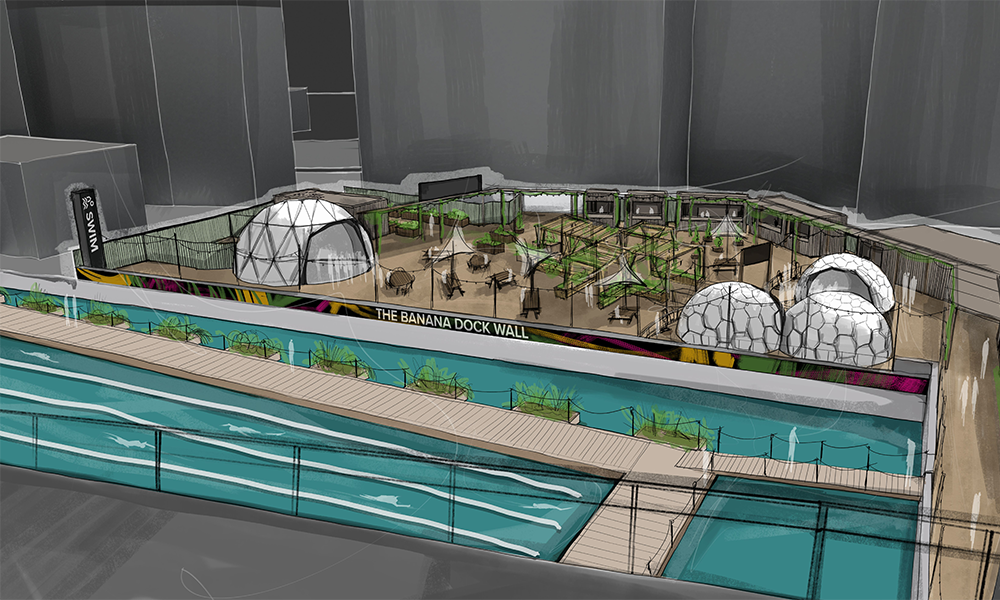
Subscribe to our free Wharf Whispers newsletter here
The use of land to deliver amenities while development plans are being worked up has become a key feature of the east London property scene in recent years.
Royal Docks boasts a former brewery that’s become home to small creative businesses and Stratford has a strip of land with an al fresco sauna.
Canary Wharf already features an expansive Padel Tennis club in the shape of Padium on a site awaiting a tall office block.
Often, and certainly in these cases, such projects significantly enrich the areas they operate in for residents and visitors alike.
So, news that the plans for a floating swimming pool in Canary Wharf’s Eden Dock alongside a “health and wellbeing destination” on the land beside it have been approved, provides a tantalising glimpse into the future.
Targeting an early summer launch, Sea Lanes Canary Wharf is set to deliver a 50m, six-lane swimming pool, two electric saunas powered by renewable energy, changing facilities, a community clubhouse for events, food and beverage offerings and a store offering wetsuit hire and storage services.
Operated by the team behind Sea Lanes Brighton, the facilities will be open 364 days a year with both pay-per-swim and membership options available.
Designed to act as a stepping stone between pool swimming and open water, the 1.3m-deep lido will be suitable for all ages and abilities with life guards on hand to keep swimmers safe.
Director at Sea Lanes Brighton, Joe McNulty, is no stranger to the property market. Having grown up in Archway, he moved to the seaside town aged 19 to attend university and ended up staying, evolving his passion for exercise in the pool into a love of sea swimming.
As director of Copsemill Properties, he’s spent more than three-and-a-half decades buying spaces locally and turning them into offices and residential homes or refurbishing existing schemes.
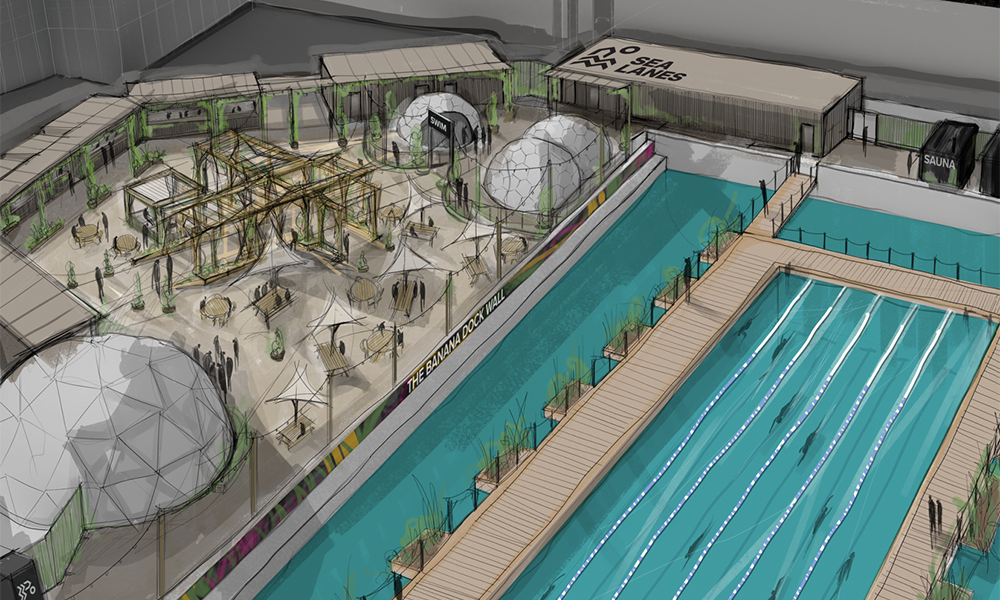
the genesis of Sea Lanes
“As a swimmer, one of the problems with Brighton was that there were no facilities for sea swimming – showers, changing rooms and so on – or anywhere to dry off, change or even to have a coffee after a dip,” said Joe.
“I found a site that had an old funfair on it and Brighton Council was asking people what should be done with it.
“Originally the plan was to have a sea swimming club with a clubhouse and a coffee shop. Somewhere to hang out with an annual membership.
“Then I got involved with one of the partners and a swimming coach, and they suggested a small training pool to teach people how to swim properly.
“That evolved from a one lane, 12m facility to a 50m heated, chlorinated pool on the beach.
“Alongside we built studios, a bar and a restaurant with a whole community of businesses now calling it home.
“Sea Lanes Brighton became a whole commercial development, much larger that I’d originally envisaged.
“It’s also been a big success since it opened in 2023 and we started to think about doing the same kind of thing elsewhere.
“We had a connection at Canary Wharf and went to talk to them to see if we could work together.
“The site beside Eden Dock is awaiting development, but the agreement is we’ll have it for five years initially.
“We’ll have the same size pool as Brighton but this one will be floating on the dock, tethered to the quayside and the bottom with a solid floor and mesh walls.
“While Brighton is chlorinated and heated, Canary Wharf will be unheated with water from the dock moving in and out through the mesh.
“It’s designed in part as a training facility for people who want to get into open water swimming.
“It’s shallow enough for people to stand up in so people can get their confidence up before progressing into the open water of Eden Dock for a session overseen by lifeguards in kayaks, for example.
“From there people can go on to explore lakes, rivers and even seas around the world.”
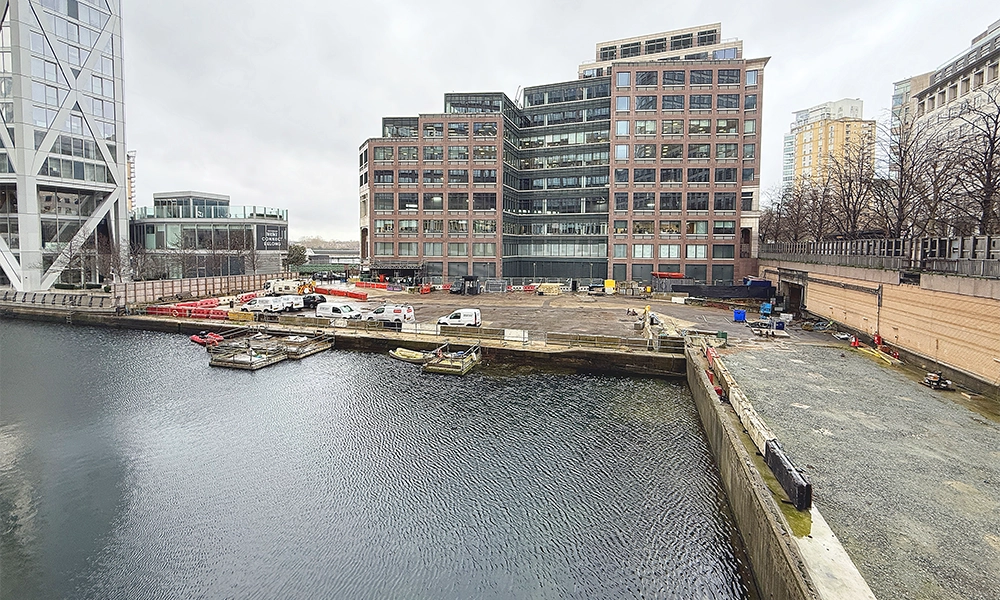
beyond a dip
As well as the swimming facilities, Sea Lanes will create a selection of amenities overlooking the pool as part of the project.
“The saunas will take about 15 people each and there will be a cold water plunge in the dock,” said Joe.
“There will also be hot showers and changing rooms as well as a space with a programme of events that will also be available for hire.
“While Sea Lanes Canary Wharf will be primarily an outdoor venue with a food and drink offering that’s similar to Brighton, there will be a series of igloo-style enclosures for people to escape the weather if necessary.
“We’re also looking into having an outdoor gym.
“I think people will find it really exciting to swim in the pool, looking up to see themselves surrounded by all of these buildings.
“There’s nothing else really like it in London and, if it works, we’d love to stay in Canary Wharf beyond the five years, perhaps looking at another site.
“We’ll also be looking at other sites in the capital.”
Shobi Khan, CEO at Canary Wharf Group, said, “Almost one year on from the opening of Eden Dock, we’re making another bold step forward in the enhancement of our green and blue spaces at Canary Wharf.
“Sea Lanes Canary Wharf will build on the success of Eden Dock as a unique wellness destination, where access to nature, leisure and world-class amenities are seamlessly integrated.”
Construction on the project is set to begin early this year.
key details: Sea Lanes Canary Wharf
Sea Lanes Canary Wharf is set to open in early summer 2026, although no launch date or pricing has yet been released.
Find out more about the proposals here
Read more: Orbit Clipper begins carrying ferry passengers between Rotherhithe and Canary Wharf




